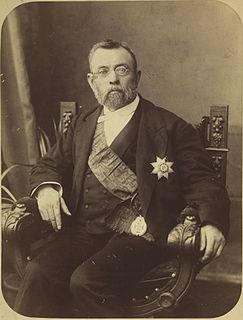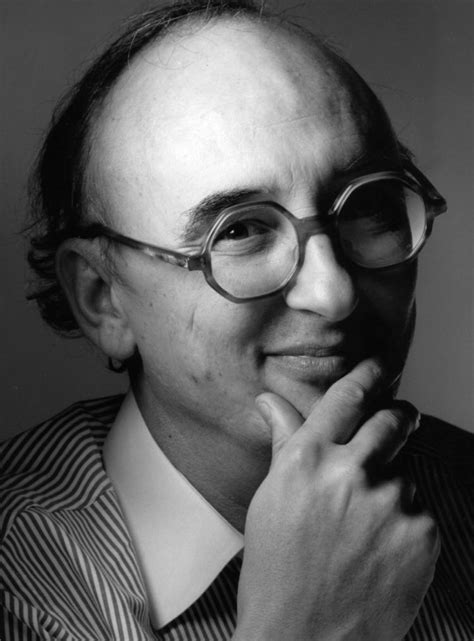A Quote by Paul W. S. Anderson
I was the first generation of filmmakers where videogames were a serious part of my life. I regard them as just as valid as books or plays in terms of an intellectual property.
Related Quotes
Let us regard the forests as an inheritance, given to us by nature, not to be despoiled or devastated, but to be wisely used, reverently honoured and carefully maintained. Let us regard the forests as a gift, entrusted to any of us only for transient care, to be surrendered to posterity as an unimpaired property, increased in riches and augmented in blessings, to pass as a sacred patrimony from generation to generation.
The current publishing scene is extremely good for the big, popular books. They sell them brilliantly, market them and all that. It is not good for the little books. And really valuable books have been allowed to go out of print. In the old days, the publishers knew that these difficult books, the books that appeal only to a minority, were very productive in the long run. Because they're probably the books that will be read in the next generation.
With the Holocaust - I wonder if a lot of Jewish writers of my generation have felt this way - it feels really intimidating to approach it. I feel like so many writers who have either lived through it firsthand or were part of that generation where they were closer to the people who were in it have written so beautifully about it, so there's no lack of great books about it
Every generation likes to think that children don't read as much as they used to when they were young! You listen to some adults saying they were going around reading 'Ulysses' when they were seven or eight! I think children are voracious readers if you give them the right books and if you make those books accessible to them.
I understood when I was just a child that without water, everything dies. I didn't understand until much later that no one "owns" water. It might rise on your property, but it just passes through. You can use it, and abuse it, but it is not yours to own. It is part of the global commons, not "property" but part of our life support system.






































